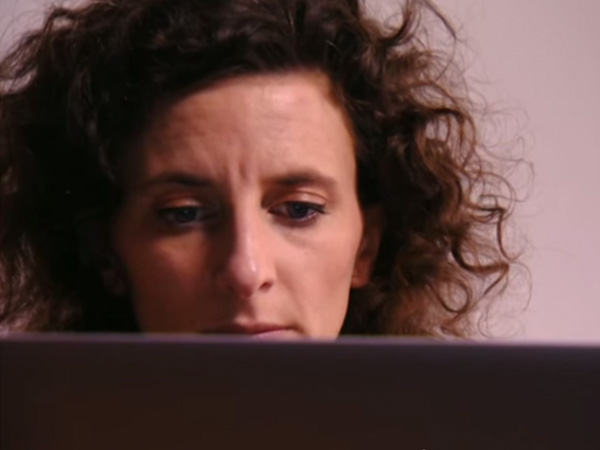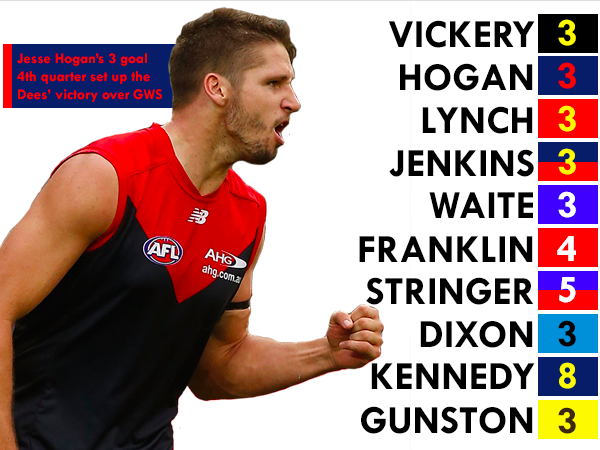In a new documentary, multi-award winning Australian comedian Felicity Ward attempts to break down the stigma surrounding mental health by revealing her own battle with anxiety and depression.
‘Felicity’s Mental Mission’, which recently aired on ABC as part of its ‘Mental As’ week (5-12 October), follows the 34-year-old in the middle of her hectic schedule.
It is a real, raw and rare insight into a world that she, friend Celia Pacquola, musicians Missy Higgins and 360, all used to silently live in every day.
“From the responses I’ve received in the aftermath of the show, I realised that my experience resonated with a lot of people,” she tells upstart.
But Ward has not always been so open about her personal struggles.
“I’ve been having some mild symptoms of anxiety since I was 13, but without any education, I had no idea what it was,” she admits.
“I was scared that I was a freak, that I was acting like a freak, that I felt like a freak, that I was thinking like a freak, and that no person would have ever had these experiences, but it was a stone cold lie that my illness told me to keep me afraid.”
It was not until her therapist said, “Felicity, it surprises me, the quantity and frequency with which you drink”, after hearing about a string of poor, alcohol-related decisions, that she realised she needed help at the age of 26.
“This forced me to ask: am I happy? Am I being honest with myself? As cheesy as that sounds,” she says.
“Sorry that this just turned into Oprah’s book club.”
“I didn’t really have early intervention, but it is so important, and I almost want to write it in Comic Sans, so you’ll notice that disgusting font, and pay closer attention to that particular sentence.”
Style aside, Ward’s message is loud and clear.
“If you can, go to a GP as soon as you can,” she advises. “It’s important that you are diagnosed by a professional. If you are unhappy or ashamed with the way the GP has treated you, go and find another GP to help you.”
“In the meantime, there are websites and phone numbers like Kids Helpline, Sane, Lifeline… there are loads more too. It’s so scary first asking for help – I’m not sure if that first conversation gets easier as you get older. But the earlier you catch it, the easier it is to treat.”
The Australian government, she believes, can also support the recovery process by properly funding mental health facilities and resources.
“If you invest in mental health treatment, research and resources, you invest in your country. You invest in a happier, more functional community. One that is full of people that are willing to contribute socially and professionally in society,” she explains.
“If you drive people to the edge, and hope they’ll stay there, in many cases they will. But if you invest in society then you create a more productive one on every level.”
Ward stresses that the path of recovery is often not smooth sailing, and may slow down, go sideways, or even backwards.
But, as she reflected in a Sydney Morning Herald column earlier this month, all of those mistakes, all of the shameful moments, all those nights spent crying, all of the new wonder and fear, anxiety attacks and hopelessness, can be a valuable part of the journey.
“Something I learnt in my first session with my therapist was that my anxiety will never be gone. It will just be manageable,” she says.
“That infuriated me at the time, but now I’m into it. And when I’m not experiencing anxiety, I notice how awesome it feels not to feel like I did.”
When asked if she would consider broadcasting her battle with mental health again, Ward’s answer is obscure.
“I feel I haven’t even touched the surface. Mental Health alone feels like it has about 35 more hours of documentaries still to be made.”
However, there are some parts of her life that she is more certain about.
“Next for me is living in an apartment for the first time in 2.5 years. I’ve been on the road, or living at friends’ houses, or living out of a suitcase, and what’s really good for treating my anxiety is the feeling of stability. I have a lot of that right now. It’s awesome.”
Sheridan Lee is first year Bachelor of Journalism student at La Trobe University. You can follow her on Twitter: @sheridanlee7.







